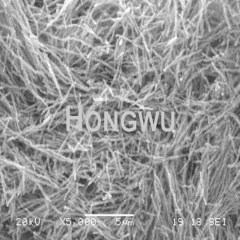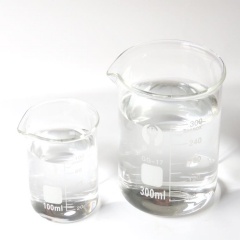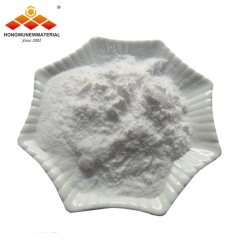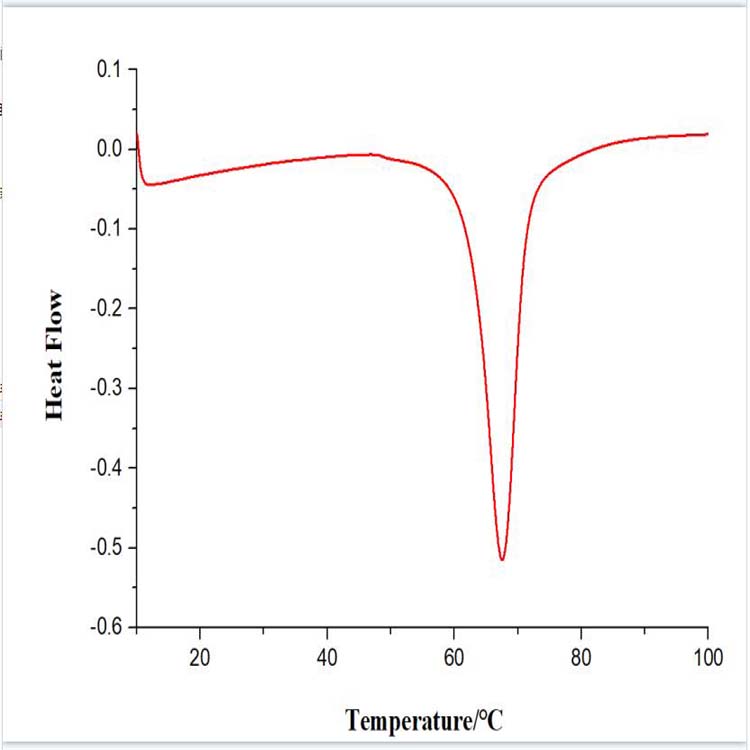According to a recent report by the Physicist Organization Network, engineers at the University of California, Los Angeles, have applied titanium carbide nanoparticles to make the common special aluminum alloy AA7075, which cannot be welded become being welded. The resulting product is expected to be used in automotive manufacturing and other fields to make its parts lighter, more energy efficient, and remain firm.
The best strength of the more common aluminum alloy is the 7075 alloy. It is almost as strong as steel, but weighs only one-third of that of steel. It is commonly used in CNC machined parts, aircraft fuselage and wings, smartphone shells and rock climbing carabiner, etc. However, such alloys are difficult to weld, and in particular, cannot be welded the way used in automobile manufacturing, thus making them unusable. This is because when the alloy is heated during the welding process, its molecular structure causes the constituent elements aluminum, zinc, magnesium and copper to flow unevenly, resulting in cracks in the welded product.

Now, UCLA engineers inject titanium carbide nanoparticles into the wire of AA7075, allowing these nanoparticles to act as a filler between the connectors. Using this new method, the produced welded joint has a tensile strength up to 392 MPa. In contrast, the AA6061 aluminum alloy welded joints, which are widely used in aircraft and automotive parts, have a tensile strength of only 186 MPa.
According to the study, heat treatment after welding can increase the tensile strength of the AA7075 joint to 551 MPa, which is comparable to steel. New research has also shown that filler wires filled with TiC nanoparticles can also be more easily joined to other metals and metal alloys that are difficult to weld.
The main person in charge of the study said: "The new technology is expected to make this high-strength aluminum alloy widely used in products that can be manufactured on a large scale, such as cars or bicycles. Companies can use the same processes and equipment they already have. A super-strong aluminum alloy is incorporated into its manufacturing process to make it lighter and more energy efficient while still maintaining its strength.” Researchers have worked with a bicycle manufacturer to use this alloy on the bicycle bodies.


 English
English français
français Deutsch
Deutsch русский
русский italiano
italiano español
español português
português 日本語
日本語 한국의
한국의 Türkçe
Türkçe


















 8620-87226359,8620-87748917
8620-87226359,8620-87748917

